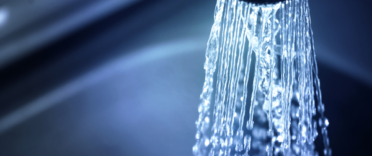
With most household bills you have the option to choose the frequency of your payments i.e. monthly, quarterly, annually etc. Then on top of that you can choose the payment method i.e. direct debit or cheque. Depending on the option you choose can affect the cost of the final bill
For example:
If you pay by fixed monthly direct debits to gas and electricity providers you can save as much as 10% on your energy bill.
Also, opting to not receive paper bills (when they can be viewed online instead) can save you even more money.
However, there is no set rule as to the cheapest way to pay all household bills. For example, insurance companies often charge interest on monthly contributions (you won’t realise this) but not on annual payments. The interest rates used are extortionate and are often as much as 15% APR! Your best bet when you sign up to any utility, credit card or insurance (basically anything that will generate a bill) is to check what will be the cheapest way to pay.
But as a rule of thumb the following bills will probably be cheaper if paid monthly by Direct Debit:
- Gas bill
- Electricity bill
- Broadband
- Telephone bill
One word of warning, if you do pay by direct debit make sure you always have enough money in your bank account to avoid it bouncing. Otherwise you will incur various charges from your bank!
These bills are usually cheaper if paid upfront annually:
- TV licence
- House insurance
- Contents insurance
- Travel insurance
- Car insurance
- Pet insurance
(The key word here is insurance)
This one simple tip will save you hundreds of pounds per year!
KERRRCHING!!!





